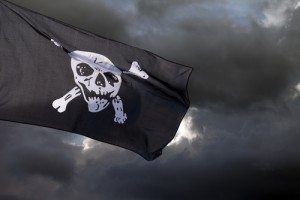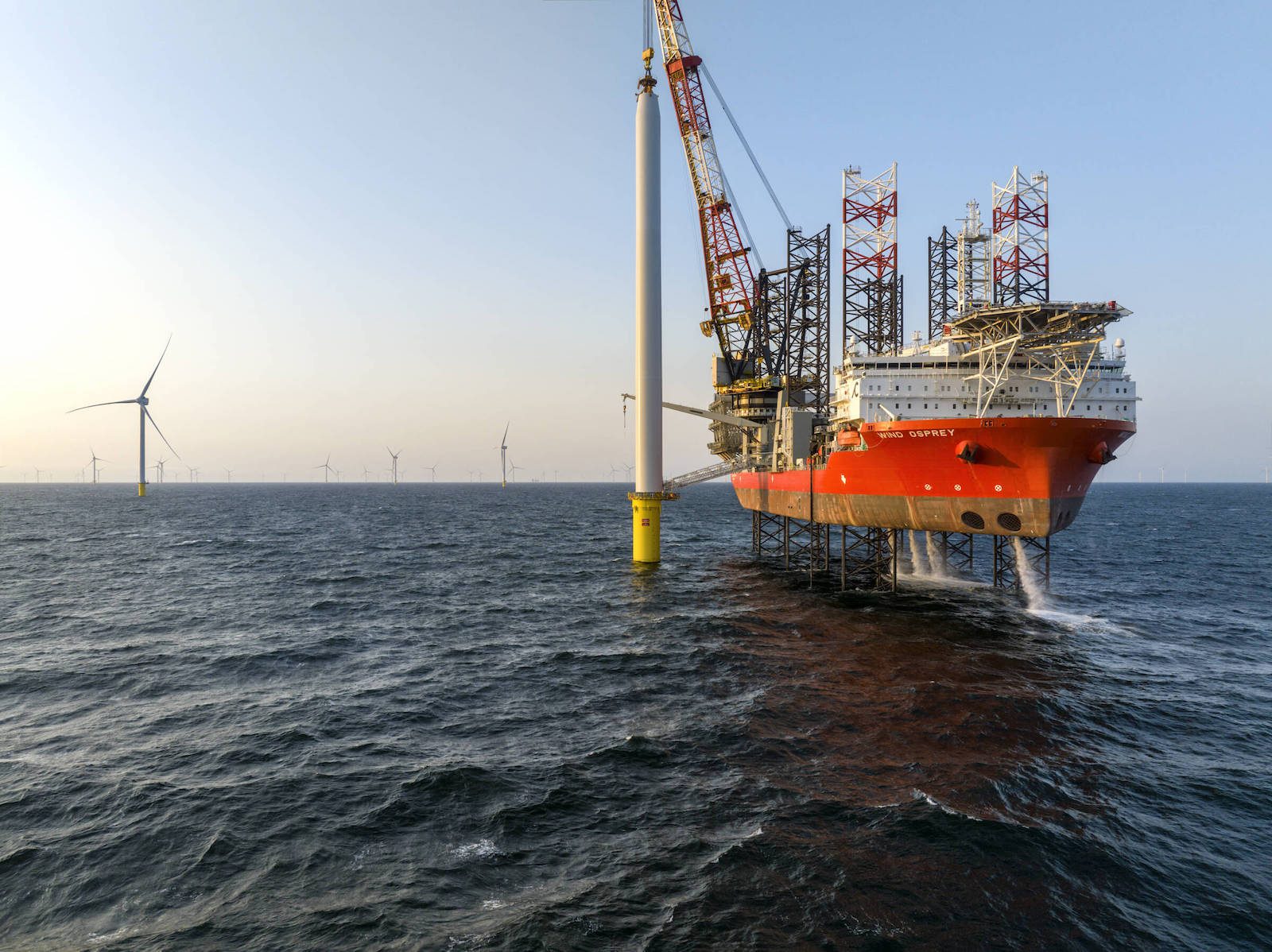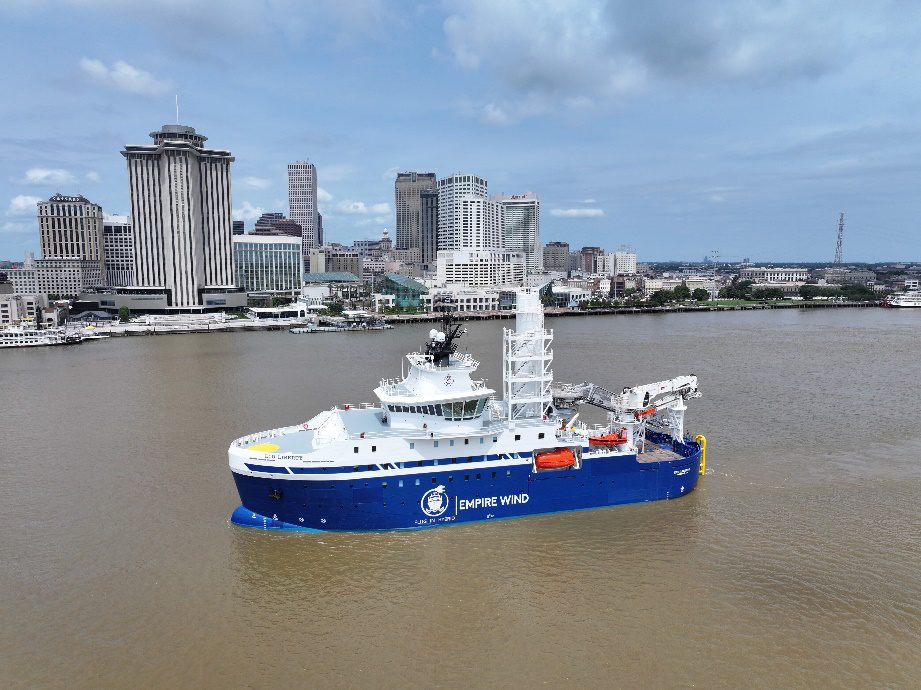Bloomberg – Troops in Nigeria are hunting for militants who said they killed at least 15 policemen in the Niger River delta, a military official said.
“The security forces are working to ensure the perpetrators” are tracked down, Ibrahim Attahiru, an army spokesman in Abuja, the capital, said today by phone.
The attack on April 6 was claimed by the Movement for the Emancipation of the Niger Delta, the main rebel group in the the area. Two insurgents also died in the gunfight, which lasted for more than 40 minutes at a river in the Azuzama area in Southern Ijaw local government region, MEND spokesman Jomo Gbomo said in an e-mailed statement yesterday.
Hague-based Royal Dutch Shell Plc (RDSA), Irving, Texas-based Exxon Mobil Corp. (XOM), Chevron Corp. (CVX) of San Ramon, California, Total SA (FP) and Eni SpA (ENI) run joint ventures with state-owned Nigerian National Petroleum Corp. that pump most of the country’s oil. Nigeria depends on crude exports for more than 95 percent of foreign income and 80 percent of government revenue, according to the Petroleum Ministry.
The attack comes after MEND said on April 3 it would resume attacks in Africa’s largest oil producing-country after their suspected leader, Henry Okah, was sentenced to 24 years in prison in South Africa on terrorism charges. Okah denies being a leader of the group.
‘False Security’
“All oil companies and the public are advised to ignore the false sense of security,” portrayed by the government, Gbomo said yesterday. “We remain resolute in our resumption of hostilities.”
Bonny Light crude, the nation’s main export grade, was little changed today, trading at $107.94 per barrel as of 1:20 p.m. in London, after falling 4.9 percent last week, according to data compiled by Bloomberg.
“Most former MEND militants remain committed to the government’s amnesty program,” Roddy Barclay, an analyst at Control Risks, a London-based business consulting group, said today in an e-mailed report. Though some of them have turned to violent or organized crime, such as oil theft, they lack leadership and weapons, Barclay said. “As such, a return to regional militancy remains unlikely in the medium term.”
Red Alert
The Nigerian Joint Task Force is on “red alert” in the region following the threat, Defense Ministry spokesman Chris Olukolade said yesterday in a text message in response to questions. “Maritime and air assets have also been mobilized and patrols intensified both on land and waterways.”
The rebel group will carry out “a plague of attacks” until the Nigerian government apologizes and shows willingness to start talks, Gbomo said last week.
A South African court sentenced Okah to 24 years in jail after he was found guilty of 13 counts of terrorism, including a bombing that killed 12 people in Abuja on Oct. 1, 2010. MEND claimed the attack. While Okah denies he leads the group, he has said he commands the support of many armed factions in Nigeria’s oil region. Okah had been living in South Africa.
Attacks including kidnappings and bombing of oil installations by groups including MEND cut more than 28 percent of Nigeria’s oil output between 2006 and 2009, according to data compiled by Bloomberg. The violence declined after thousands of fighters accepted a government amnesty offer in 2009 and disarmed.
Oil companies “should use local information networks to determine any immediate militant threats,” said Barclay. They should engage with communities “to avert project specific disputes capable of prompting direst action” as the threat of localized militancy persists “amid tense community relations and hostility towards foreign oil companies,” he said.
The West African nation was the seventh-biggest producer in the Organization of Petroleum Exporting Countries last month, with output at about 1.8 million barrels a day, according to data compiled by Bloomberg.
By Maram Mazen in Abuja and Tony Tamuno in Port Harcourt – (c) 2013 Bloomberg

 Join The Club
Join The Club











